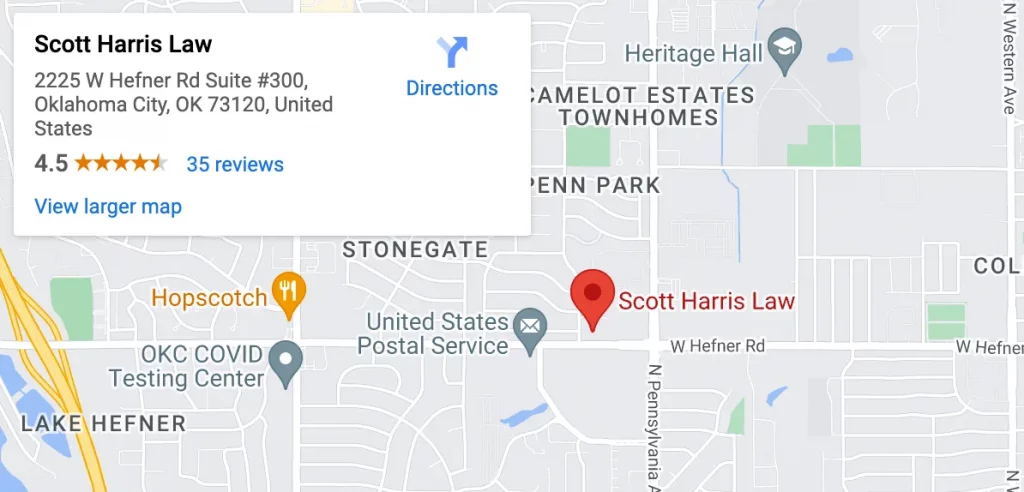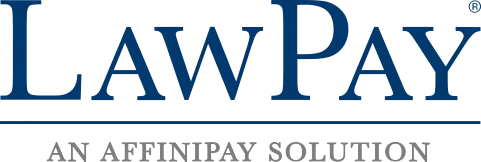Understanding Chapter 7 and Chapter 13 Bankruptcies in Oklahoma City
The past year has been financially challenging for most people. Filing bankruptcy can help you regain financial stability; it isn’t something you should be ashamed of. There are different bankruptcy types for different types of people. In this article, we’ll talk about two of the most common types of bankruptcy: Chapter 7 Bankruptcy and Chapter 13 Bankruptcy.
What is a Chapter 7 Bankruptcy?
Filing Chapter 7 bankruptcy gives you a “fresh start” because it discharges most of your debts. Once you declare a chapter 7 bankruptcy, the U.S. bankruptcy court will issue a bankruptcy discharge order. This will stop debt collectors and creditors from calling you, harassing you, or collecting debt that has been discharged. Unsecured debts are discharged such as:
- Medical bills
- Utility bills
- Old tax debts
- Personal loans
- Credit card debts
- Car loans
However, certain debts cannot be discharged, such as:
- Most recent tax debts
- Spousal support
- Child support
- Student loans
Secured debts backed by collateral are also not discharged if you choose to keep the property after bankruptcy.
You should also take the bankruptcy means test to help you determine whether you’re qualified to file a chapter 7 bankruptcy. Your income and expenses over the past six months decide whether or not you are eligible to file for bankruptcy. A bankruptcy filing may be possible if your disposable income is lower than the average income.
What is a Chapter 13 Bankruptcy?
A chapter 13 bankruptcy, also known as a wage earner’s plan, is a type of bankruptcy where you get to repay your debts in a three or 5-year program. In this type of bankruptcy, you will have a trustee who will administer your monthly payments to your creditors.
A Chapter 13 reorganization allows the filer to keep their non-exempt properties while making a monthly repayment plan work with their income. If the legal requirements are met, car loans can be modified. You can also avoid foreclosure by paying your HOA dues within three to five years. In addition to dischargeable debts, you can also pay non-dischargeable debts in full.
Got Financial Concerns? Talk to an Oklahoma Bankruptcy Lawyer Today!
Our Oklahoma bankruptcy lawyers at Scott Harris Law, PLLC, are experienced in dealing with bankruptcy filings and can give you the help you need. If you have any questions regarding the bankruptcy process, our law firm can help. Contact us today for a free consultation.




